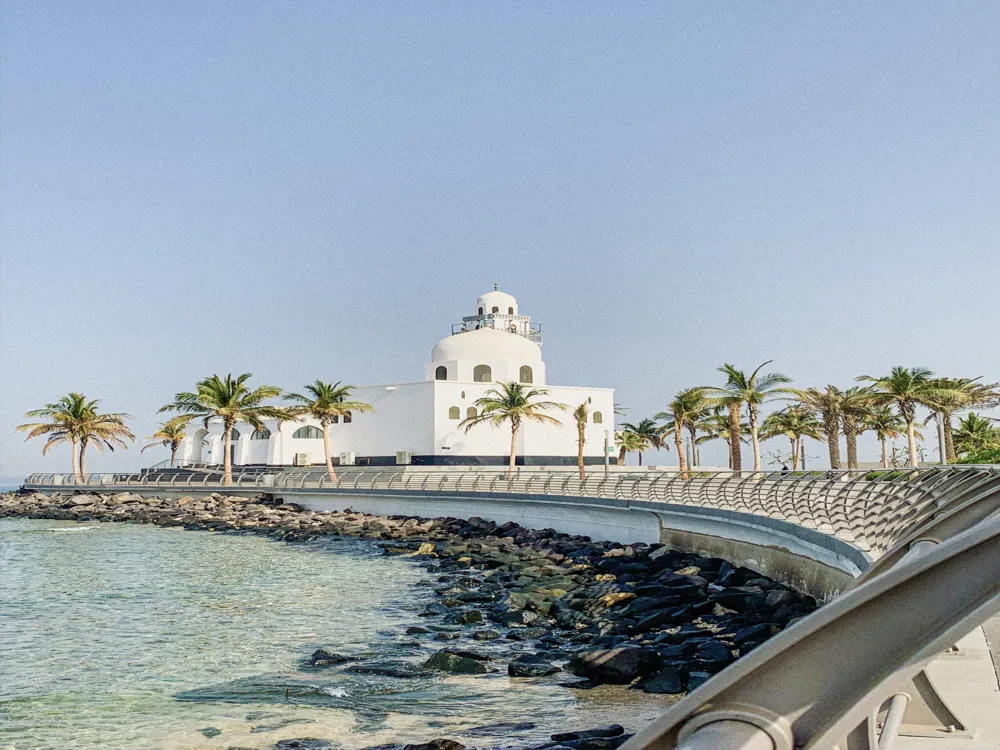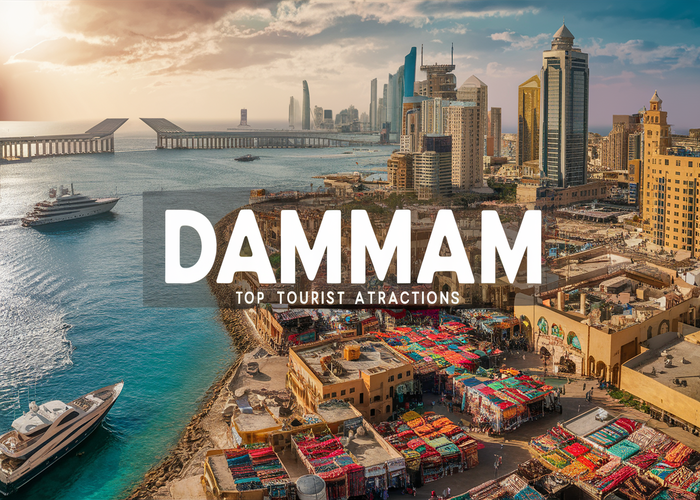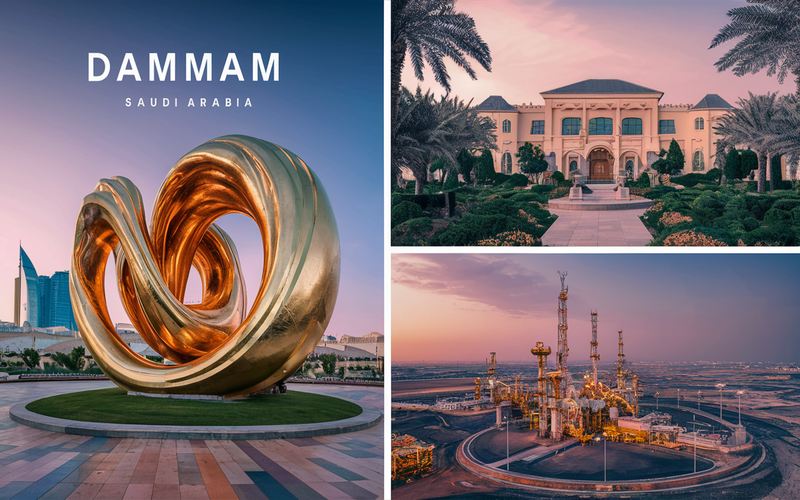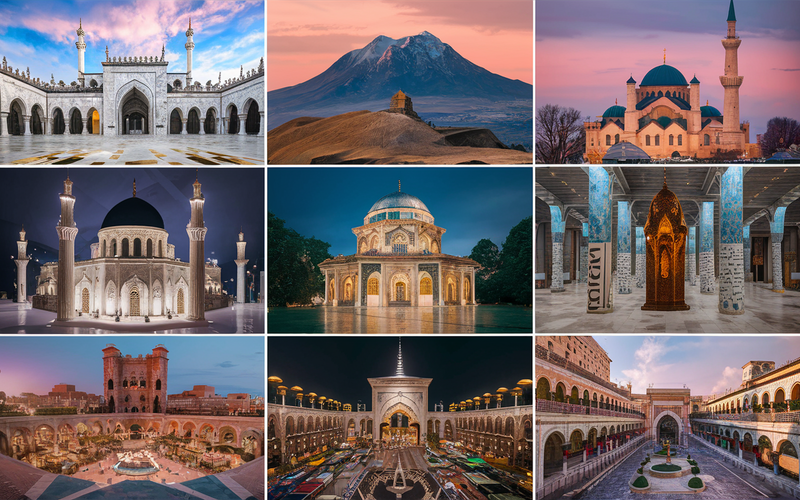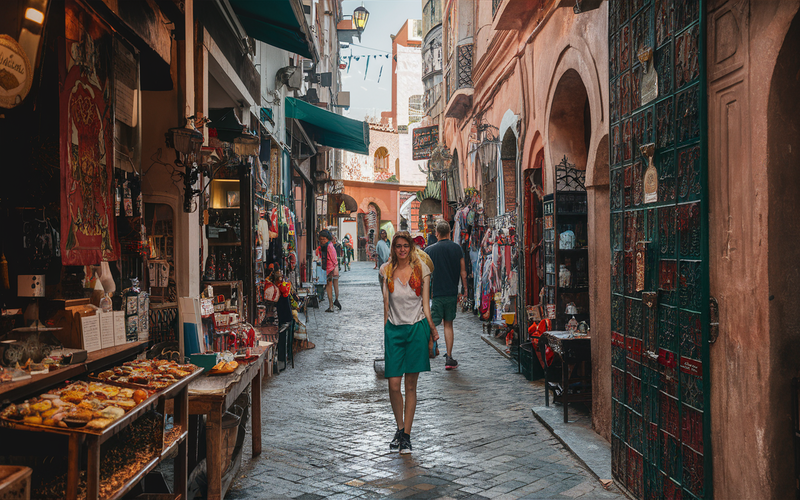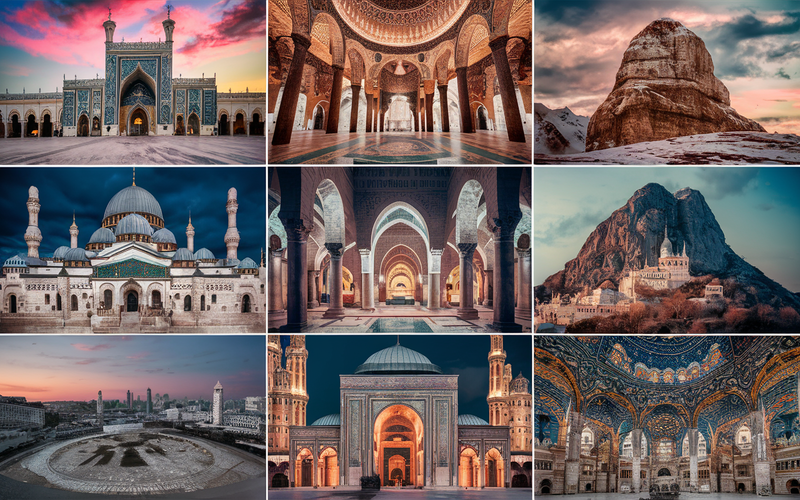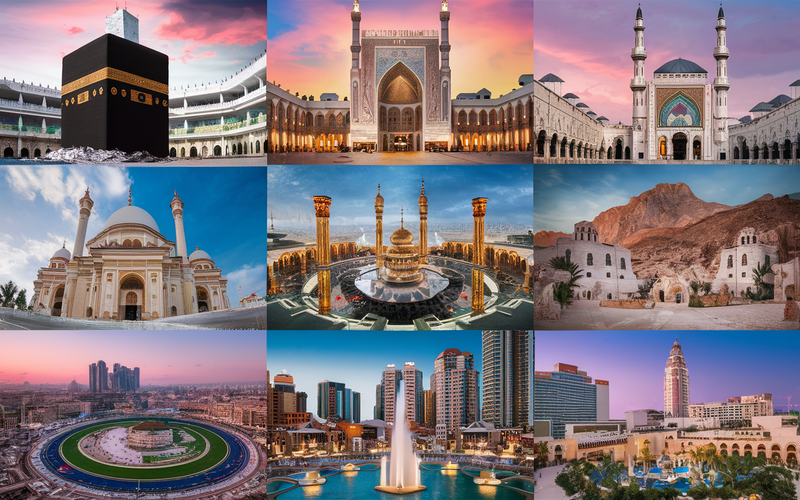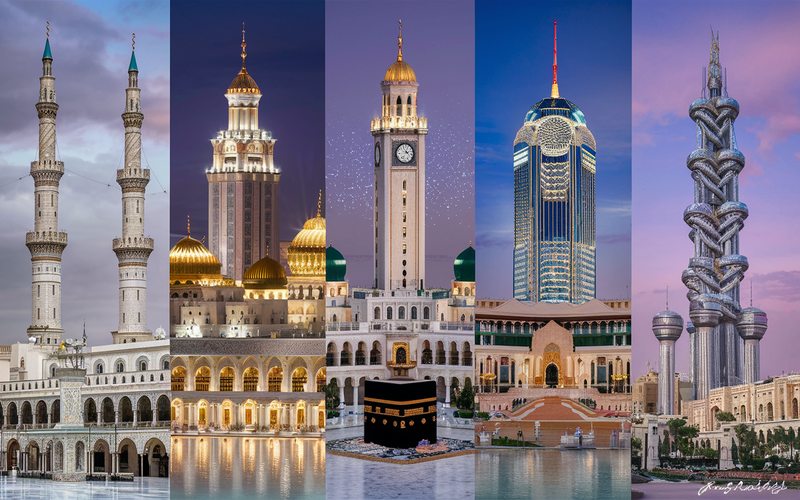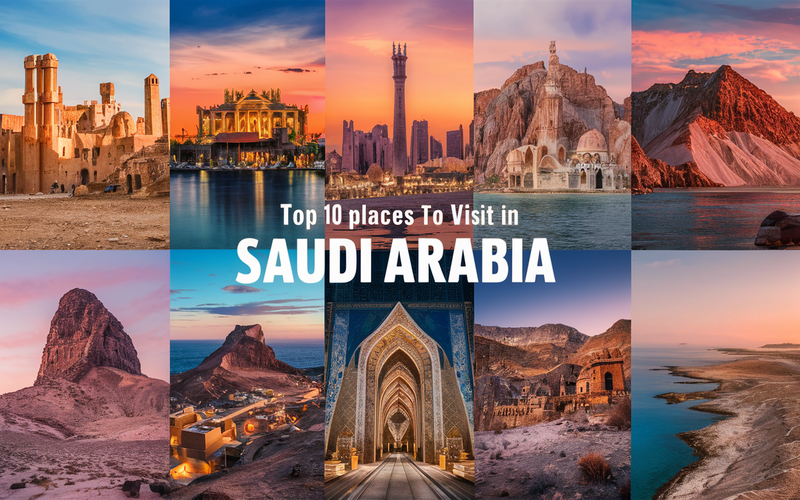Plan Your Travel To Saudi Arabia
Saudi Arabia Travel Essentials
Ideal Duration: 5 - 7 days
Currency: Saudi Riyal (SAR)
Best Time: November - February Read More
Budget: Moderate
"Hub of Temples and Mosques"
Saudi Arabia Tourism
Saudi Arabia, a country with a diverse population and breathtaking scenery, welcomes visitors with a touch of the old and the new. It provides a variety of experiences, from the futuristic metropolis of NEOM to the ancient wonders of Al-Ula and the Nabatean city of Madain Saleh. Discover the busy capital city of Riyadh, the huge deserts of the Empty Quarter, and the coral reefs of the Red Sea. Take in the customary hospitality and the yearly celebrations. With the introduction of tourist visas and other recent tourism initiatives, Saudi Arabia invites travellers to experience its rich history, breathtaking scenery, and friendly populace.
Must Know Before You Travel to Saudi Arabia
- Visa Requirements: Check the specific visa requirements for your nationality and obtain the necessary visa in advance.
- Cultural Sensitivity: Respect local customs and Islamic traditions. Dress modestly, especially in public places, and be aware of prayer times.
- Weather Considerations: Saudi Arabia has varying climates. Be prepared for intense heat, especially in the summer, and carry appropriate clothing and sunscreen.
- Health Precautions: Ensure routine vaccinations are up-to-date and consider additional vaccinations. Drink bottled or purified water, and be cautious about food hygiene.
- Local Laws: Familiarize yourself with local laws and adhere to them strictly. This includes rules regarding public behavior, alcohol consumption, and photography.
- Electronic Devices: Be aware of regulations on bringing electronic devices, medications, and prohibited items into the country.
- Transportation: Plan your transportation. Public transportation is limited in some areas, so consider renting a car or using ride-hailing services.
- Language: Arabic is the official language. While English is understood in urban areas, learning a few Arabic phrases can enhance your experience.
- Currency: The Saudi Riyal (SAR) is the official currency. Credit cards are widely accepted, but having some local currency is advisable.
- Religious Sites: Non-Muslims are generally not allowed to enter the holy cities of Mecca and Medina. Respect the rules and regulations surrounding religious sites.
- Time Zone: Saudi Arabia operates on Arabian Standard Time (AST), which is GMT+3.
- Electronic Devices: Saudi Arabia uses the Type G electrical socket. The standard voltage is 230V, and the frequency is 60Hz.
- Internet Access: Internet access is available, but certain websites and social media platforms may be restricted. Consider using a Virtual Private Network (VPN) if needed.
- Local Laws and Regulations: Familiarize yourself with local laws and regulations, as they can be strict. Certain activities that are legal in other countries may be prohibited in Saudi Arabia.
- Alcohol and Pork: The consumption of alcohol and pork is strictly prohibited in Saudi Arabia. Be aware of and respect these cultural and legal restrictions.
Tourist Places to Visit In Saudi Arabia
Riyadh
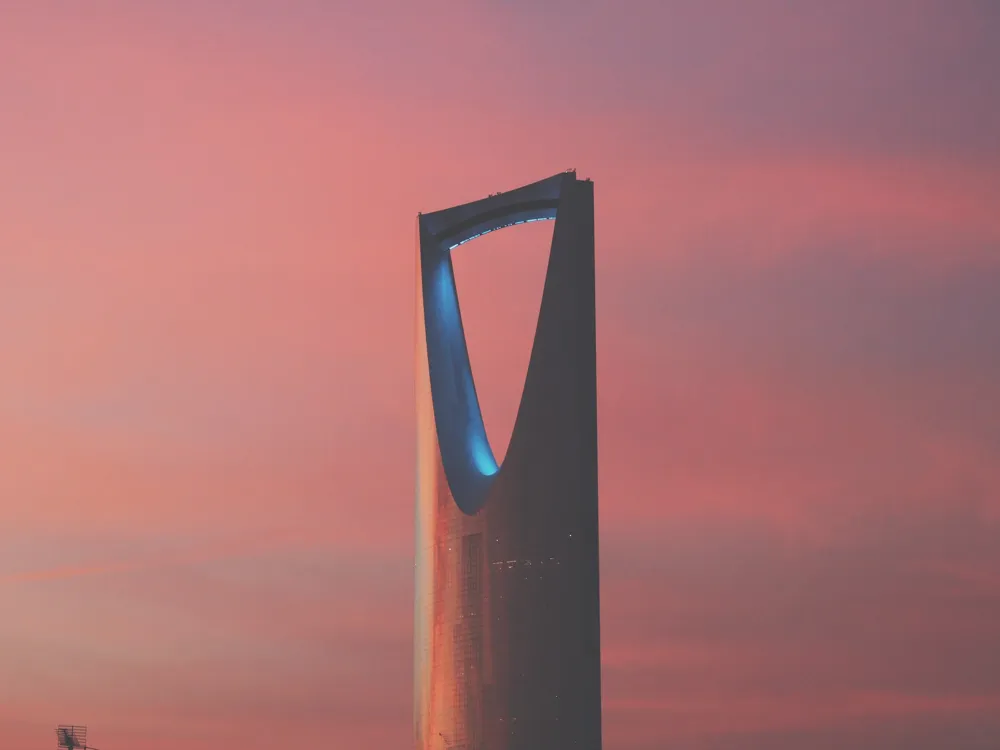
Madinah
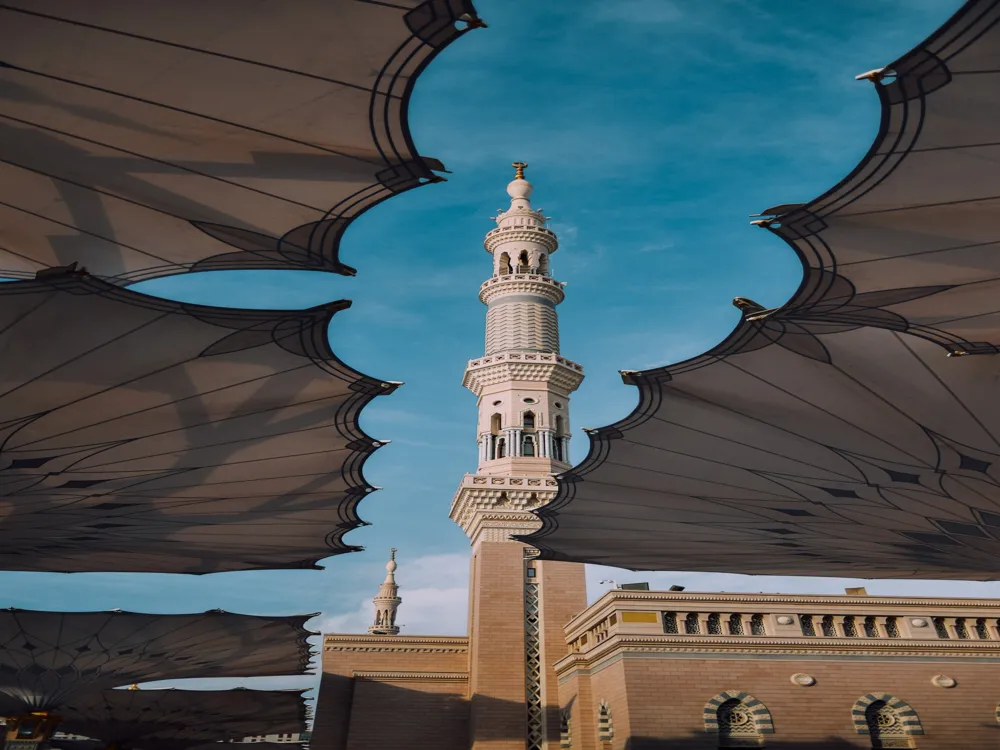
Dammam
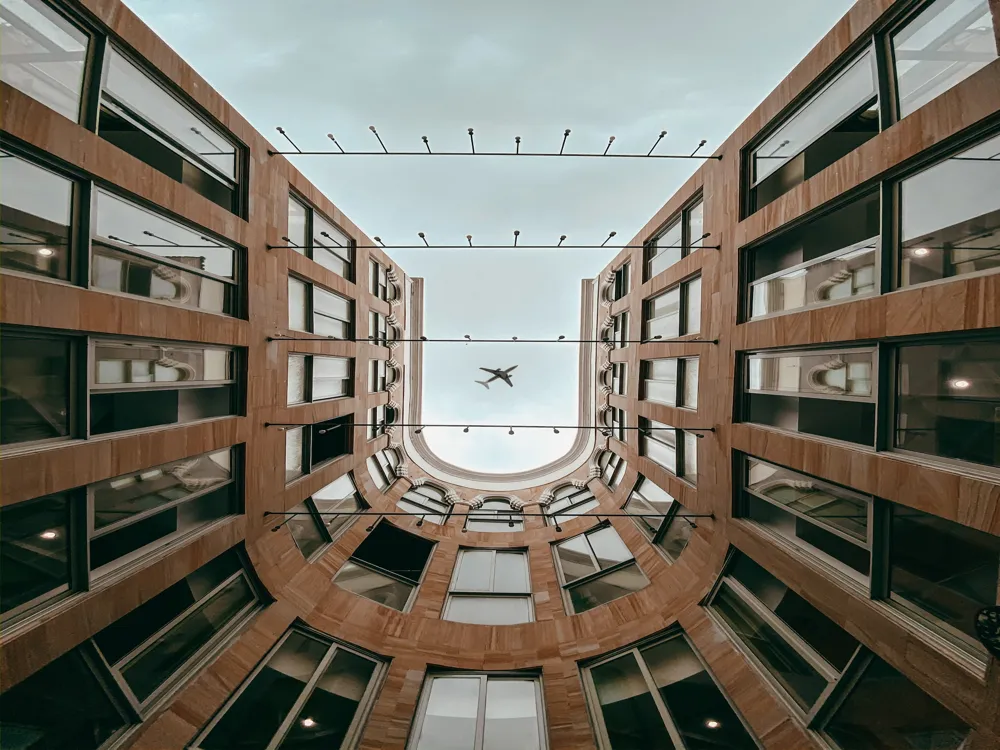
Mecca
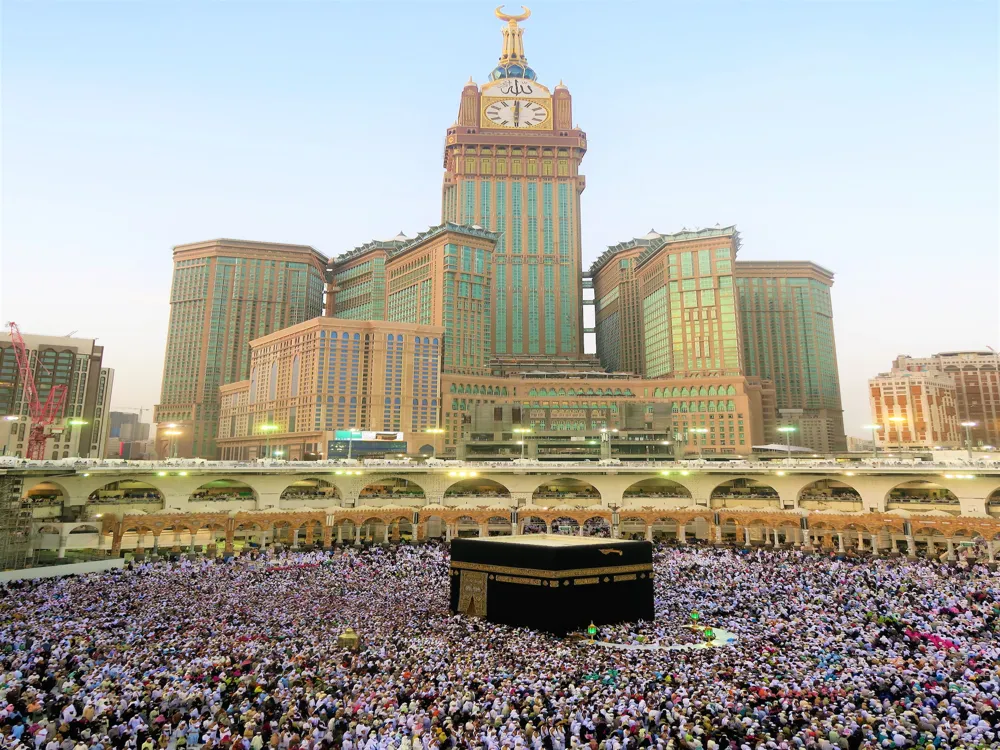
Saudi Arabia Travel Packages
Compare quotes from upto 3 travel agents for free
View All Packages For Saudi arabia
More on Saudi Arabia Travel
All collections about Saudi arabia
Best time to visit Saudi Arabia
The best time to visit Saudi Arabia is during the winter months, from November to February, when temperatures are milder and more comfortable, ranging from 15°C to 25°C (59°F to 77°F). This period allows for exploration of the country's diverse landscapes, including historical sites, deserts, and coastal areas, without the extreme heat of the summer months. However, it's essential to be mindful of specific regions' climates, as temperatures can vary. Additionally, planning around major festivals and events can provide a more enriching cultural experience. Always check local weather conditions and any travel advisories before planning your visit.
Top Stories about Saudi Arabia Tourism
Read More on Saudi Arabia Travel
Exchanging money in Saudi Arabia:
Exchange money at authorized banks or exchange services. The official currency is the Saudi Riyal (SAR). Credit cards are widely accepted, and ATMs are readily available for convenient cash withdrawals.
Nightlife in Saudi Arabia:
Saudi Arabia's nightlife is evolving, with entertainment options increasing. While alcohol is restricted, vibrant cafes, restaurants, and cultural events thrive. Cities like Riyadh and Jeddah offer diverse experiences, from traditional performances to contemporary art exhibitions.
Shopping in Saudi Arabia:
Saudi Arabia boasts modern malls like the Kingdom Centre in Riyadh and traditional souks such as the Al-Zal Souk in Jeddah. From luxury brands to local crafts, the country offers a diverse shopping experience. Bargaining is common in traditional markets.
Festivals in Saudi Arabia:
Experience cultural richness during festivals like Eid al-Fitr and Eid al-Adha, marked by joyous celebrations and family gatherings. The traditional Janadriyah Festival showcases Saudi heritage, while the Riyadh Season and Jeddah Season offer entertainment, concerts, and cultural events.
Hygiene in Saudi Arabia:
Saudi Arabia maintains high hygiene standards. Tap water is generally safe, but many prefer bottled water. Restaurants and public facilities prioritize cleanliness. Follow standard hygiene practices and be cautious about food hygiene to ensure a healthy stay. Healthcare facilities adhere to international standards.
Tips for visiting Saudi Arabia:
1. Respect local customs: Embrace conservative cultural norms by dressing modestly, especially in public places. Women should cover their shoulders and knees.
2. Check Visa Requirements: Confirm the specific visa requirements for your nationality and obtain the necessary visa before your trip.
3. Cultural Sensitivity: Be aware of Islamic traditions, including prayer times. Respect local customs, particularly during Ramadan, by refraining from eating, drinking, and smoking in public during daylight hours.
4. Weather Considerations: Saudi Arabia experiences extreme heat, especially in the summer. Plan your visit during the milder winter months for a more comfortable experience.
5. Health Precautions: Ensure routine vaccinations are up-to-date and consider additional vaccinations. Stay hydrated, especially in the heat, and follow food hygiene practices.
6. Transportation Planning: Plan transportation. Public transportation is limited in some areas, so consider renting a car or using ride-hailing services.
7. Language: Arabic is the official language. While English is understood in urban areas, learning a few Arabic phrases can enhance your experience.
8. Currency and Payments: The official currency is the Saudi Riyal (SAR). Credit cards are widely accepted, but it's advisable to have some local currency for smaller establishments.
9. Electronic Devices and Laws: Be aware of regulations on bringing electronic devices, medications, and prohibited items into the country. Familiarize yourself with local laws and adhere to them strictly.
Food of Saudi Arabia:
Saudi Arabian cuisine is a delectable journey, featuring rich flavors and traditional delights. Kabsa, a spiced rice dish with meat, is a staple, while Mandi offers a unique blend of rice and tenderly cooked meat. Grilled kebabs, falafel, and Samboosa showcase diverse influences. Date-filled pastries and hareeseh satisfy sweet cravings. Arabic coffee, qahwa, and dates symbolize hospitality. Jareesh, a dish made from crushed wheat and meat, adds to the culinary variety. From bustling souks with street food to upscale restaurants, Saudi Arabia offers a gastronomic adventure celebrating its cultural heritage and regional influences.
Photos of Saudi Arabia
All Country Photos Saudi arabia
Popular Questions And Answers on Saudi Arabia
What is the best time to visit Saudi Arabia?
The ideal time is during the winter months, from November to February, when temperatures are milder and more comfortable for exploration.
Do I need a visa to visit Saudi Arabia?
Most visitors require a visa. Check the specific requirements based on your nationality and obtain the necessary visa before your trip.
Is it safe to drink tap water in Saudi Arabia?
While tap water is generally safe, many prefer bottled water. It's readily available, and hotels often provide it to guests.
What should I wear in Saudi Arabia?
Dress modestly, especially in public places. Women should cover their shoulders and knees. Conservative attire is recommended.
Can I use credit cards in Saudi Arabia?
Yes, credit cards are widely accepted, but it's advisable to have some local currency for smaller establishments and markets.
What are the major cultural events in Saudi Arabia?
Experience festivals like Eid al-Fitr, Eid al-Adha, and the Janadriyah Festival, showcasing Saudi heritage. Riyadh Season and Jeddah Season offer entertainment and cultural events.
How is transportation in Saudi Arabia?
Public transportation is available in major cities. Consider renting a car or using ride-hailing services for convenient travel.
Are there restrictions on electronic devices?
Be aware of regulations on bringing electronic devices into the country. Familiarize yourself with any restrictions and follow them.
What health precautions should I take?
Ensure routine vaccinations are up to date and consider additional vaccinations. Follow standard hygiene practices and stay informed about health guidelines.


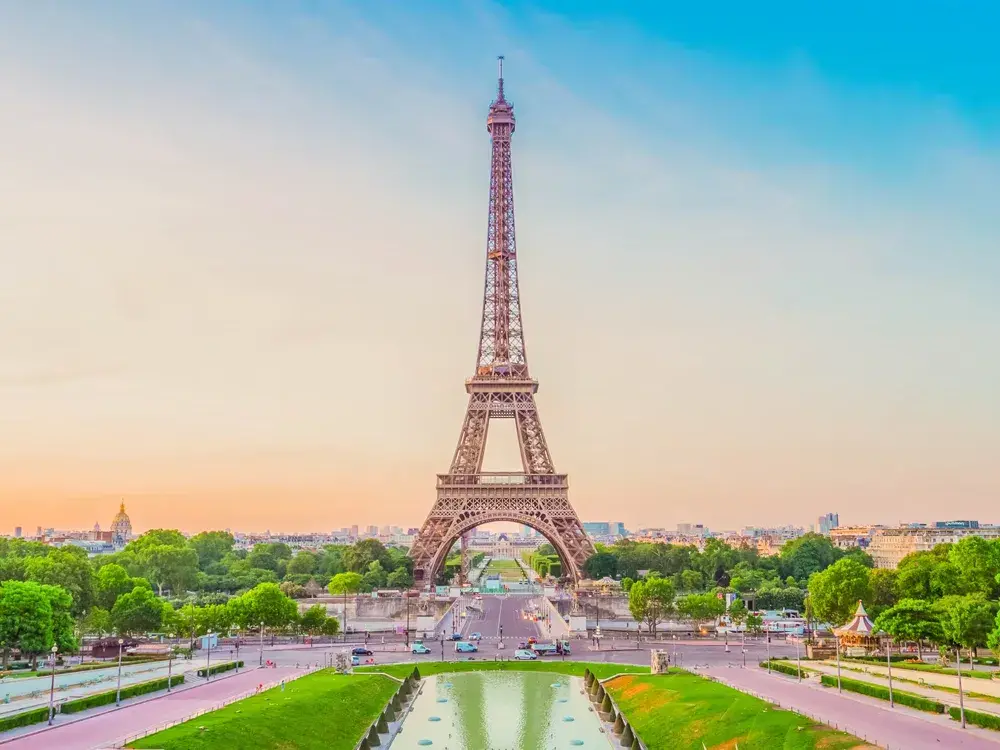
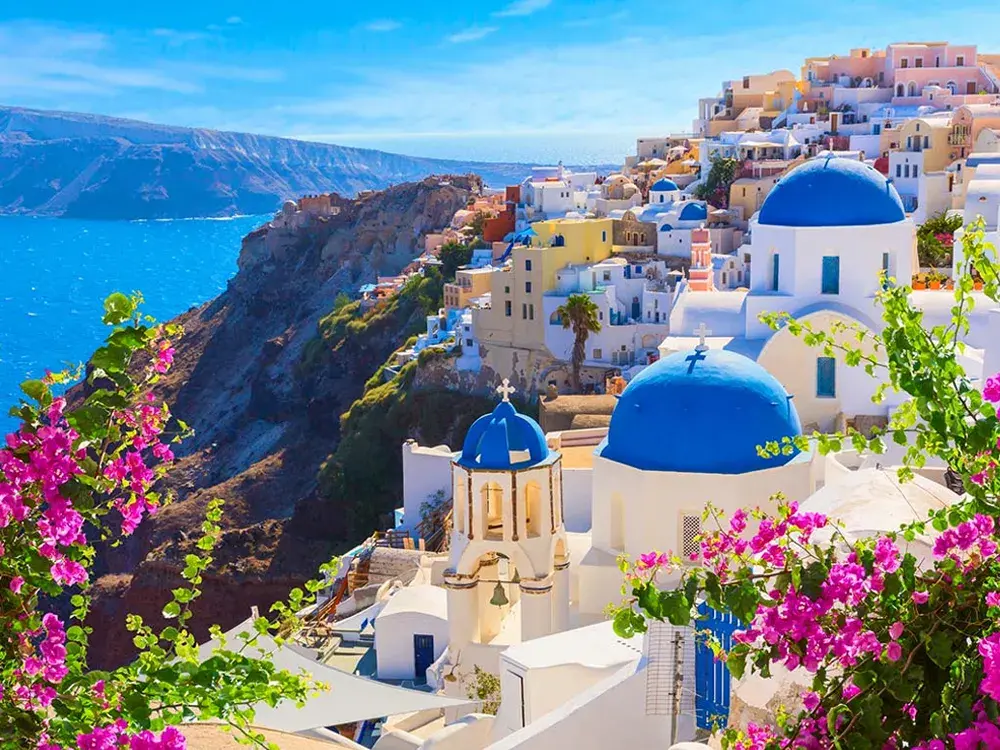

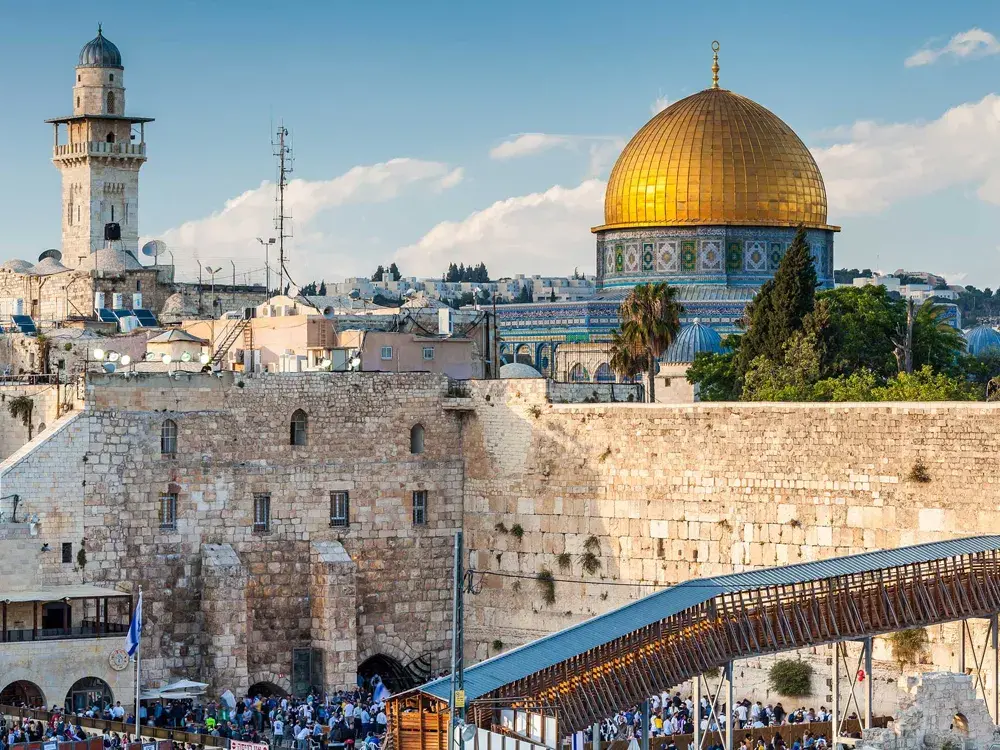
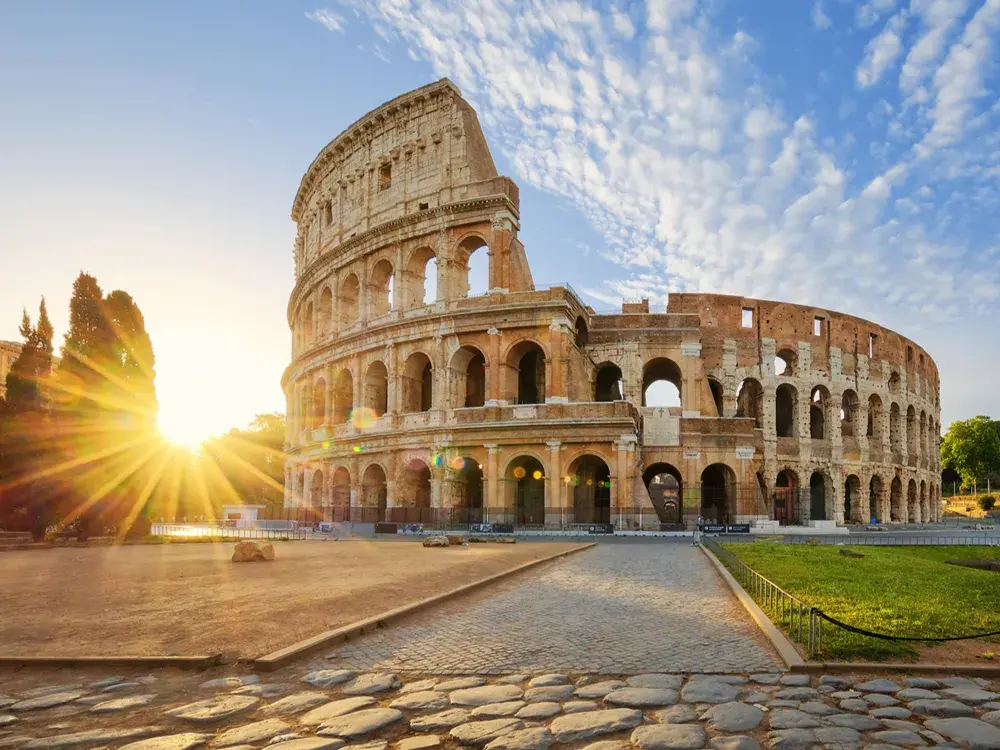
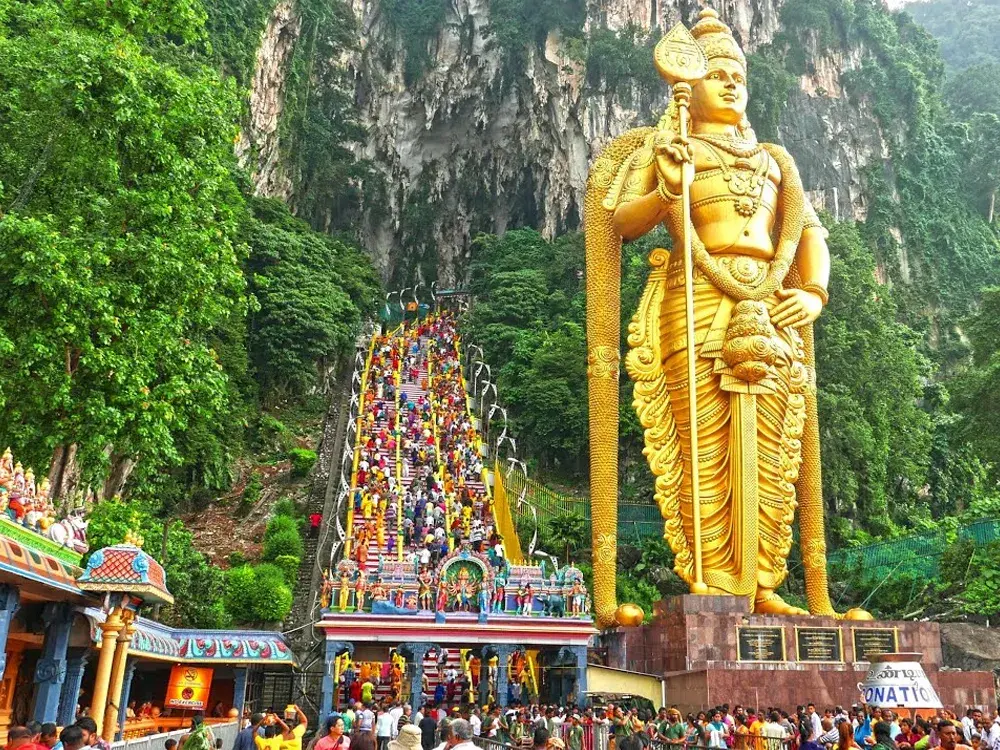
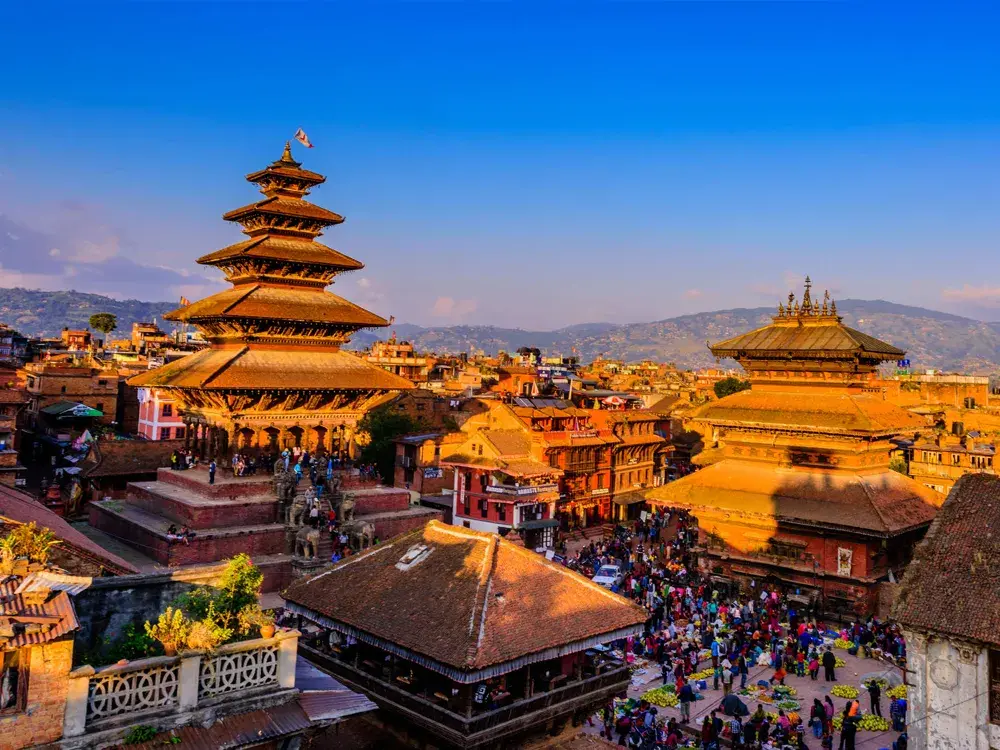
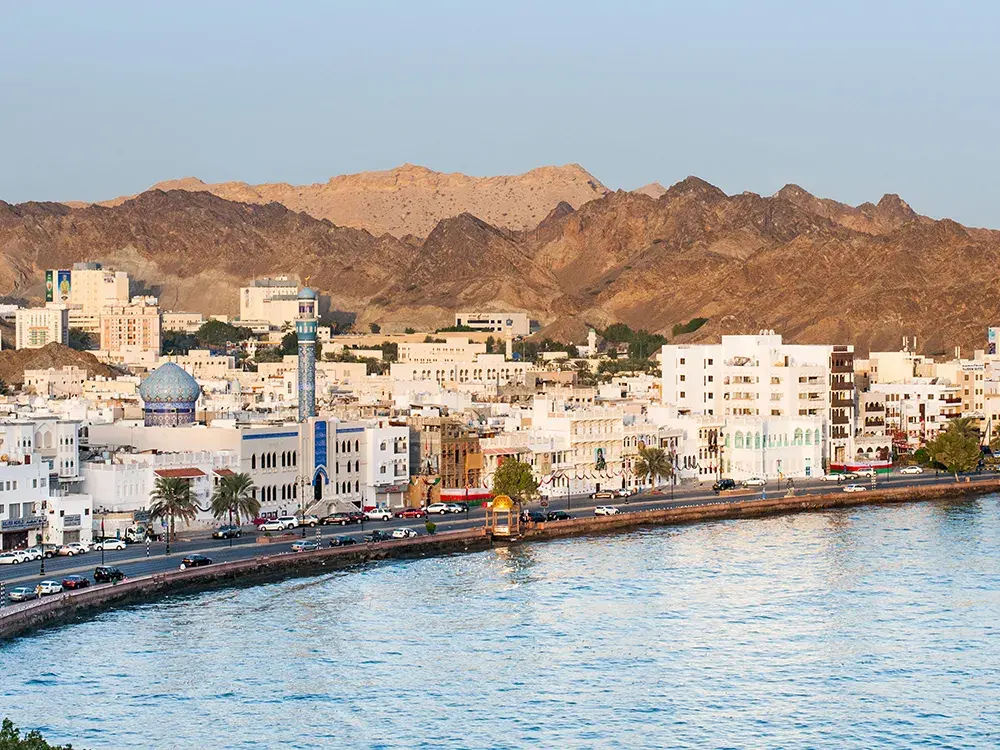
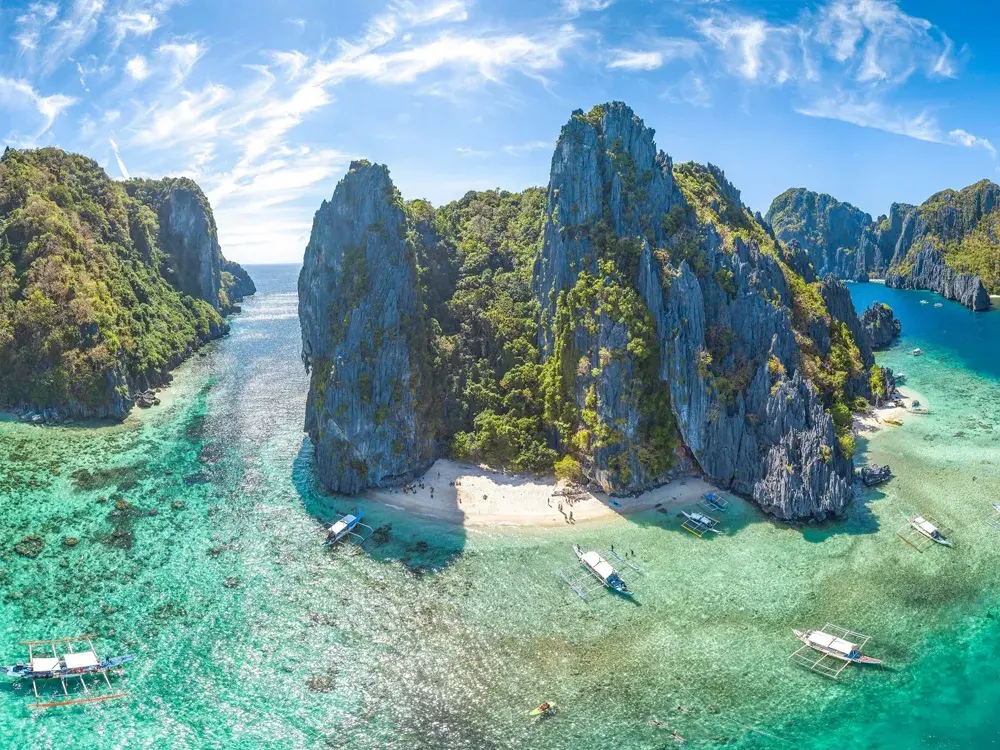

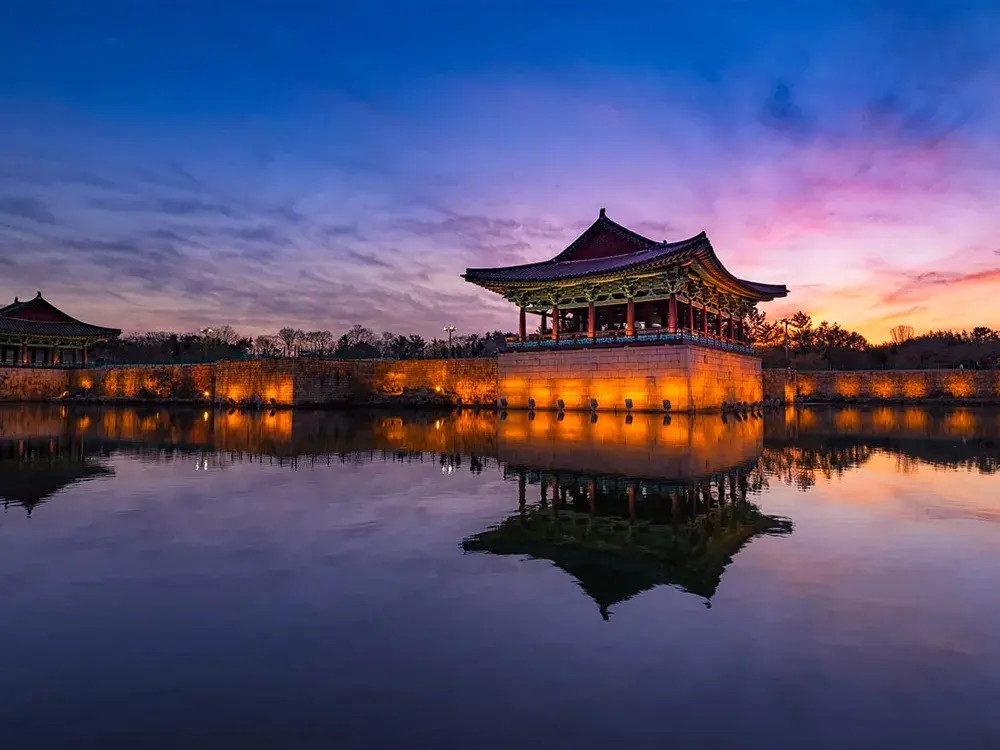
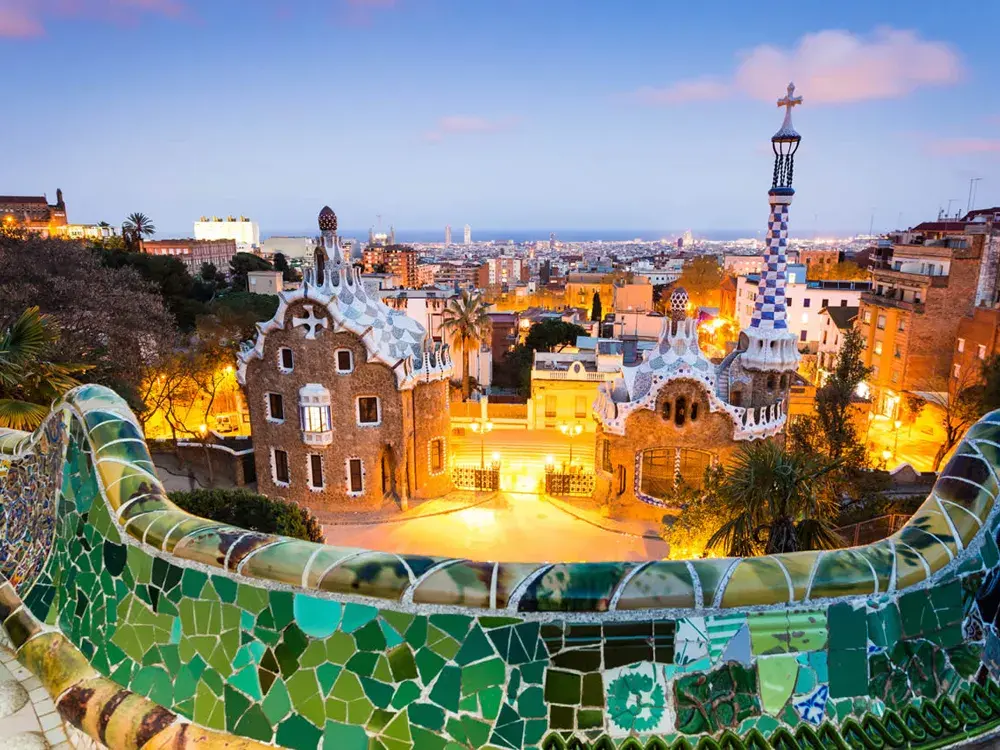

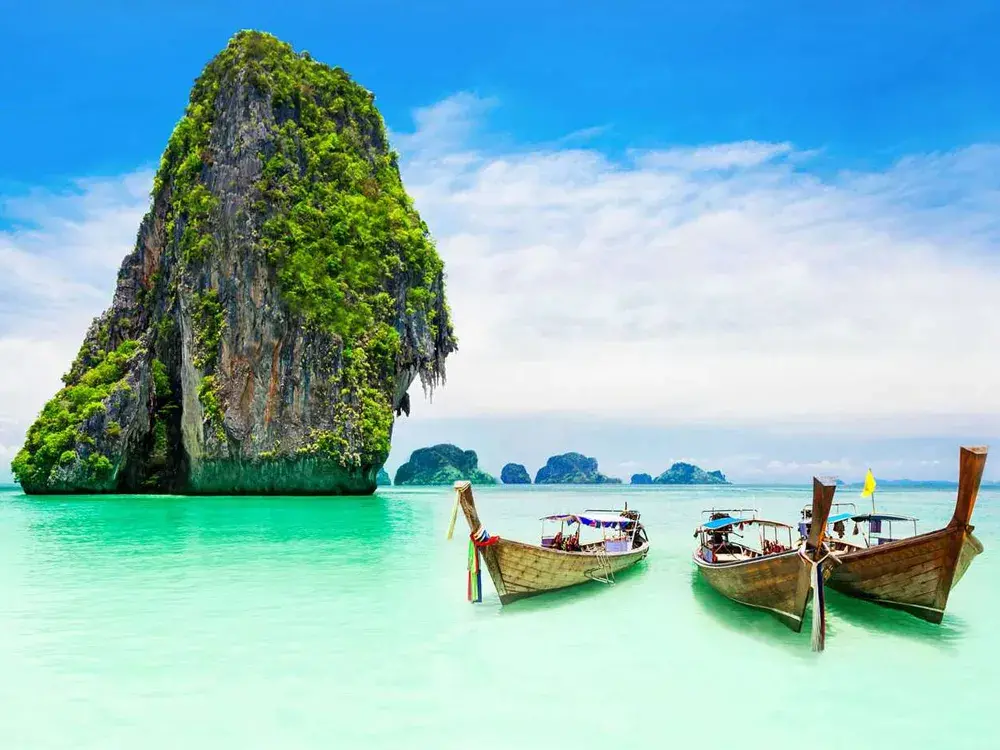

.webp)




